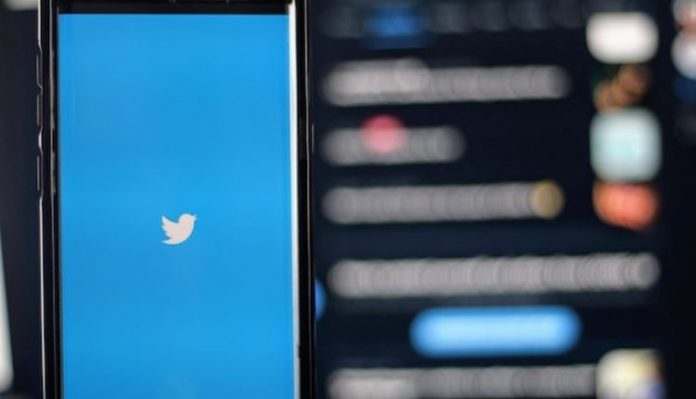Elon Musk has said he doesn’t have all the solutions to Twitter’s issues. How to control content that stirs up controversy on the platform is among the largest.
For years, Twitter and other social media platforms have battled to control harmful material that can cause harm in the real world, such as hate speech, harassment, and misinformation. The platforms, according to progressives and civil rights organizations, aren’t doing enough to stop offensive posts. Conservatives claim that Twitter suppresses their speech; Twitter disputes this claim.
Nobody seemed to be pleased with the way Twitter chooses what stays up and what is removed.
The richest man in the world, Musk, has now entered the discussion head-on. The CEO of Tesla and SpaceX recently agreed to pay $44 billion for Twitter, which he intends to privatize. He has made it clear that he wants the platform’s content filtering to be less strict, which would have a significant impact on politics and society.
Musk has firsthand experience with the nuanced practice of content moderation. Musk incorrectly claimed that “babies are essentially immune” from COVID-19 in a tweet in 2020. Children do contract the virus and can experience the same side effects as adults, albeit less frequently. Because the message wasn’t “definitive,” Twitter assured Axios that it didn’t break its policies against damaging coronavirus misinformation.
Compared to Twitter co-founder Jack Dorsey, Musk will probably have a larger influence on decision-making, she continued.
A Twitter spokesperson declined to add anything to the company’s past assertions. Before the agreement was reached, Twitter stated that it had no plans to change any previous policy decisions and that day-to-day decisions were made by its managers and staff.
The American Civil Liberties Union stated in a tweet that “we should be concerned about any powerful central player, whether it’s a government or any wealthy individual — even if it’s an ACLU member — having so much control over the boundaries of free political expression online.” Musk supports the organization and is a member of the ACLU.
The CEO of the Anti-Defamation League, Jonathan Greenblatt, claimed in a statement that Musk hasn’t concentrated on combating extremism and hate speech.
The agreement “alarms the staff, advocates, and users who have campaigned for years to urge the corporation to adopt acceptable safety and misinformation measures,” she claimed. Previously calling himself a “free speech absolutist,” Musk has openly discussed his views on content filtering.
On April 14, Musk suggested that Twitter inform users when a piece of information is boosted or de-emphasized on the platform during a TED Talk held in Canada. According to him, exercising one’s right to free speech on Twitter entails saying something that offends someone else.
However, removing speech is just one aspect of content moderation. According to Emma Llansó, head of the free expression project at the Center for Democracy and Technology, posting abuse or hate speech on Twitter could have a “chilling effect” that prevents users, particularly women and people of color, from speaking up.
Opening up Twitter’s algorithm would increase transparency on the social network, but spammers and other dishonest people might try to game the system by using that knowledge to push their tweets up the timeline.
